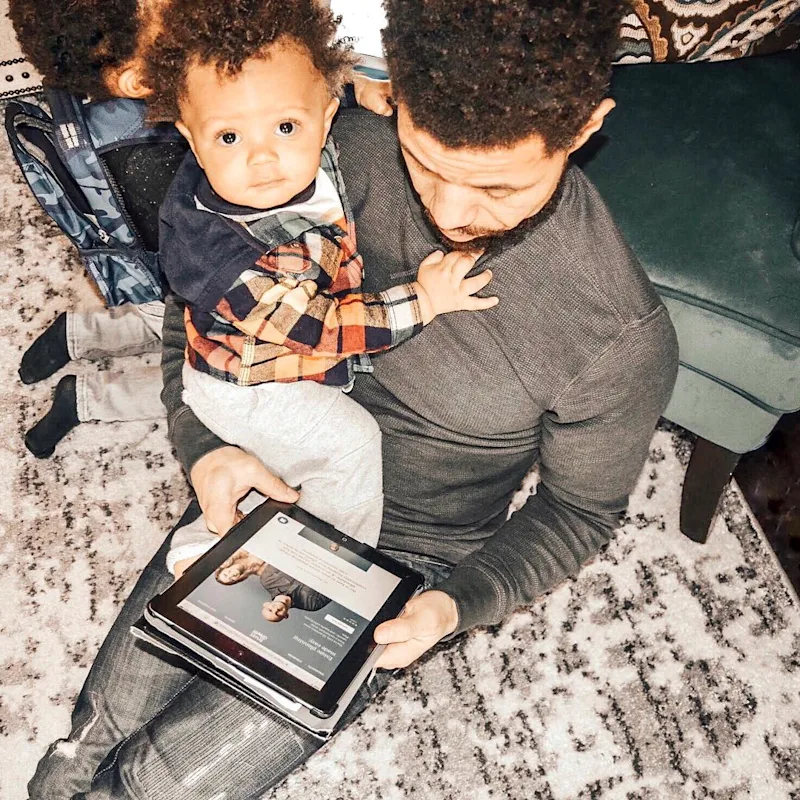
The Role of Death Doulas in the Modern Age
What is a “death doula” and how do they function today? Practicing death doula and expert Marni Blank breaks it down in this guide.

By Marni Blank
Death Doula
For those experiencing death, dying, or grief, the world can feel like a lonely place. It can be overwhelming to handle logistical aspects that come with dying or death while also actively processing or grieving a loss. Despite having lived through a global pandemic, only approximately 32% of adults in the US have created estate planning documents, explored further in Trust & Will’s millennial study. One of the reasons behind this low percentage is that people do not want to consider their own death. Blocks and fears present themselves when faced with creating documents that discuss this uncomfortable albeit inevitable subject and so they often are filed in the ‘need to get done but later’ section of one’s to-do list. Enter Death Doulas.
What is a Death Doula
End of Life Doulas and Death Doulas (they can be described interchangeably) are non-medical professionals who help navigate the emotional, practical and logistical components of death, dying and grief. Doula comes from the Greek word for “women who serve,” although there are plenty of male identifying or non-binary doulas in practice. Just as a birth doula helps a family navigate the beginnings of life, a death doula helps a family come to terms and navigate the end of life.
Deathwork is vast and doulas can be found at every stage of the process as a compliment to the professionals already in place like doctors, therapists, and caregivers.
Practical Support
Doulas can focus on pre-planning and helping individuals work through their advanced directives and end of life planning, taking into consideration any fears or blocks they may have around death and dying. This can include working with families to facilitate conversations with loved ones about end of life planning. They can also support families after a death in navigating logistics like organizing a house to be ready for sale, procuring death certificates, closing social media accounts, or navigating insurance.
Spiritual & Emotional Support
In the last 150 years, death has evolved into a more medically focused and impersonal event, often taking place in a hospital or care ward. For centuries, death mainly took place in the home and in the presence of family. It was personal and incorporated sacred rituals and traditions. There is now a push to return to these ways and create a more personal and comfortable relationship with death. Death doulas can work with the actively dying. Doulas can offer respite to caregivers (similar to hospice) and sit bedside keeping vigil with the family. They can also help the family post-death by creating home funerals, performing death rituals like bathing the body, or creating legacy projects to honor the dying/deceased. Death doulas can also help families cope with grief and loss when someone is dying or has passed.
Educational Support
Death doulas can provide information on green burial alternatives, educate on state specific rules around advanced directives, and provide referrals and resources to those who can help make the process more supportive. Educational death workers may also work within lower income or marginalized communities to advocate and provide assistance for those who do not have access to supportive or affordable end-of-life care.
Death and loss can be an overwhelming and painful experience. The good news is you don’t have to go it alone. Death Doulas can be a trusted resource to any family to help support and navigate in challenging times. Lean on us. We’re here to ease the journey.
Knowing you have different options for your end-of-life planning can make death feel less scary and give you peace of mind. At Trust & Will, that’s what we’re all about. We’re here to help people navigate estate planning and keep things simple. You can create a fully customizable, state-specific Estate Plan from the comfort of your own home in just 20 minutes. Take our free quiz to see where you should get started, or compare our different estate planning options today!
Is there a question here we didn’t answer? Browse more topics in our Learn Center or chat with a live member support representative!
Last updated: March 21, 2025



